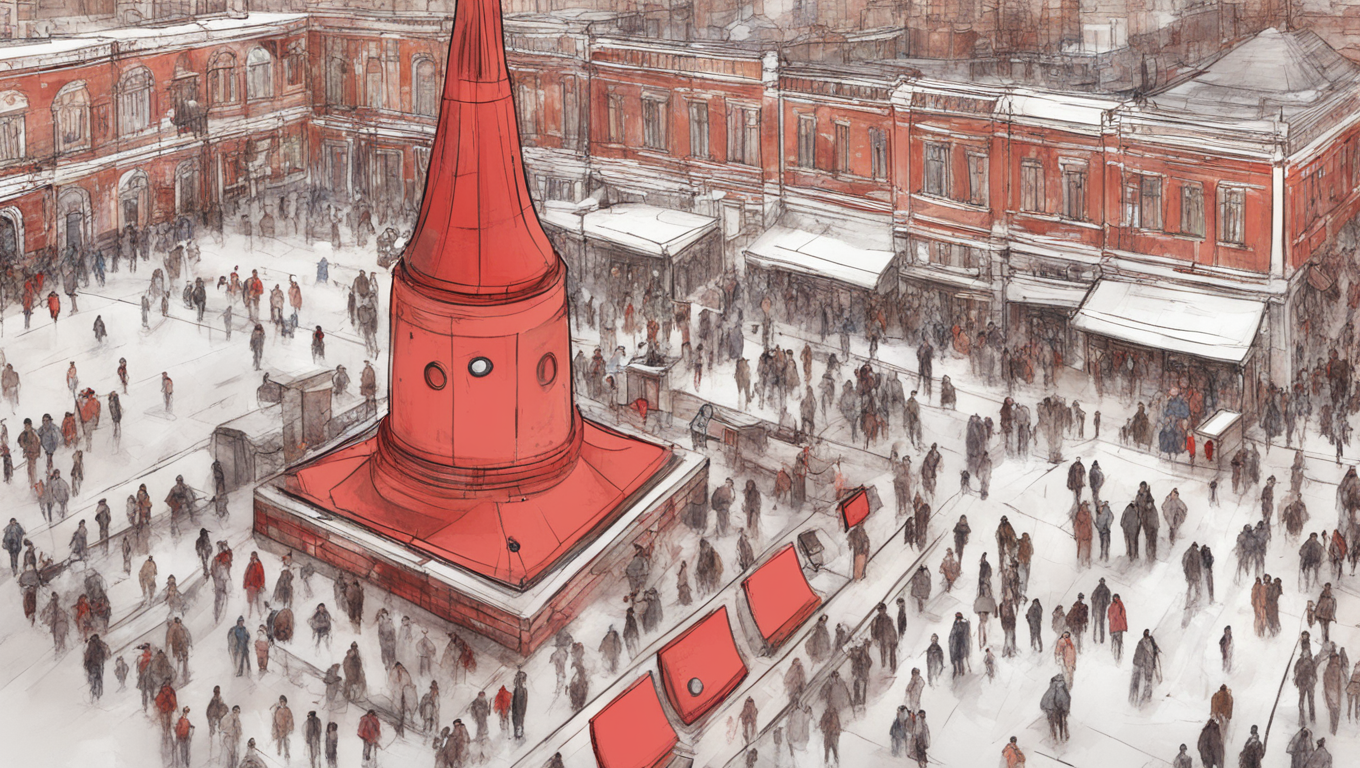In a chilling revelation, leaked Russian government documents have exposed the Kremlin’s use of an artificial intelligence-powered surveillance system to track dissidents at public events. Estonian journalists who obtained the documents have shed light on the deployment of facial recognition technology to identify individuals opposed to the government. The system has reportedly assisted in the arrests of people attending the funeral of late opposition leader Alexei Navalny and was previously tested during the 2018 FIFA World Cup in Russia.
According to the leaked documents reviewed by central European-based investigative group VSquare, President Vladimir Putin’s administration plans to allocate over $121 million for the continued development of the AI system from 2024 to 2026. This significant investment underscores the Russian administration’s commitment to building a massive surveillance apparatus that can monitor citizens in real-time, recording their every move and mood.
The AI-powered system operates by connecting cameras installed in public spaces to a central hub for processing video feeds. Currently, the cameras cover areas in 40 Russian cities, with Moscow being the most heavily surveilled. The city boasts hundreds of thousands of cameras, which monitor roads, subways, and residential buildings.
Grant Baker, a research analyst at Freedom House specializing in democracy and technology in Europe and Eurasia, explained the dangers posed by the Kremlin’s escalating use of AI for surveillance. “This is obviously really dangerous because, as we know, people in Russia obviously don’t have the recourse of a fair court in almost all cases, so that increases the dangers that these systems pose,” Baker stated. He emphasized the intimidating effect of law enforcement approaching individuals and informing them that they have been documented by the system.
While the AI surveillance system has primarily targeted Russian citizens so far, there are concerns that it could extend its reach to Ukraine. Investigative reports by VSquare suggest no evidence of the system being present in Russian-occupied territories of Ukraine yet. However, residents in Donetsk have reported a surge in the installation of video cameras in public spaces, leading to apprehension about the potential spread of the technology.
The revelation of Russia’s AI surveillance system raises broader concerns about the impact of advanced technologies on personal privacy and the erosion of civil liberties. It highlights the need for robust scrutiny and accountability in the development and deployment of surveillance technologies. The leaked documents serve as a stark reminder of the evolving power dynamics in a world increasingly shaped by artificial intelligence.





Use the share button below if you liked it.